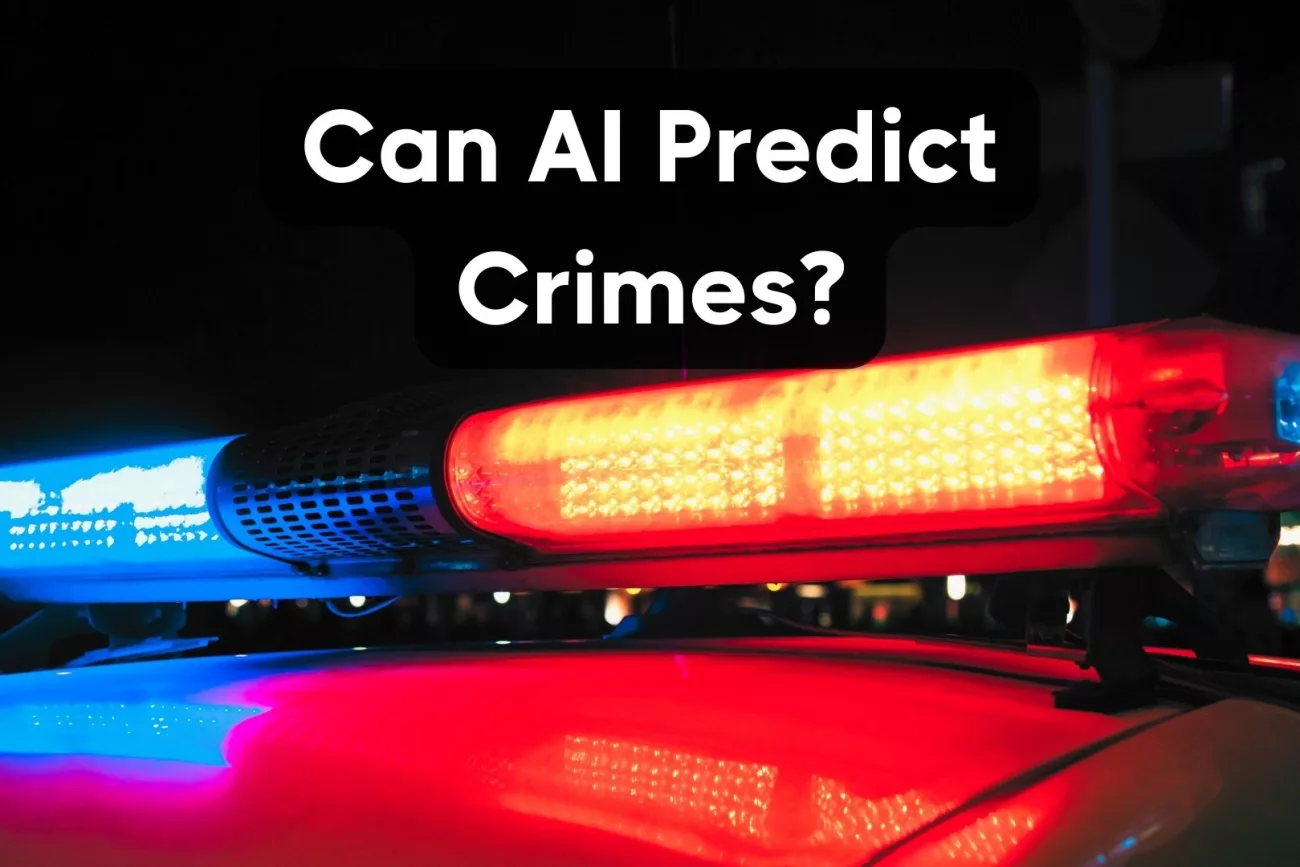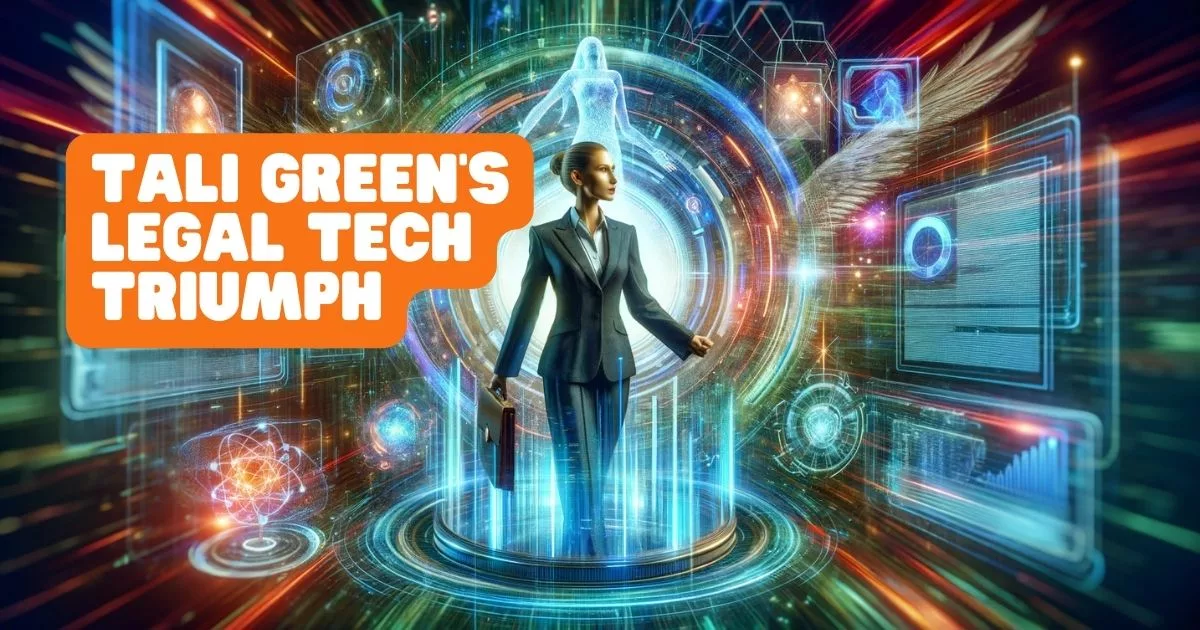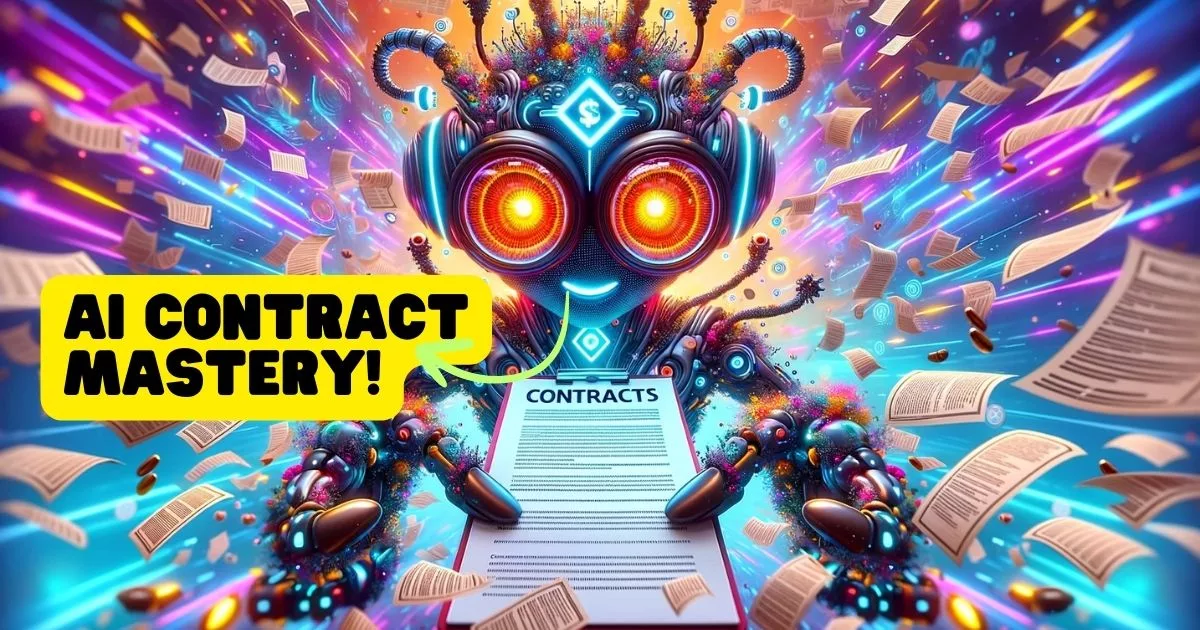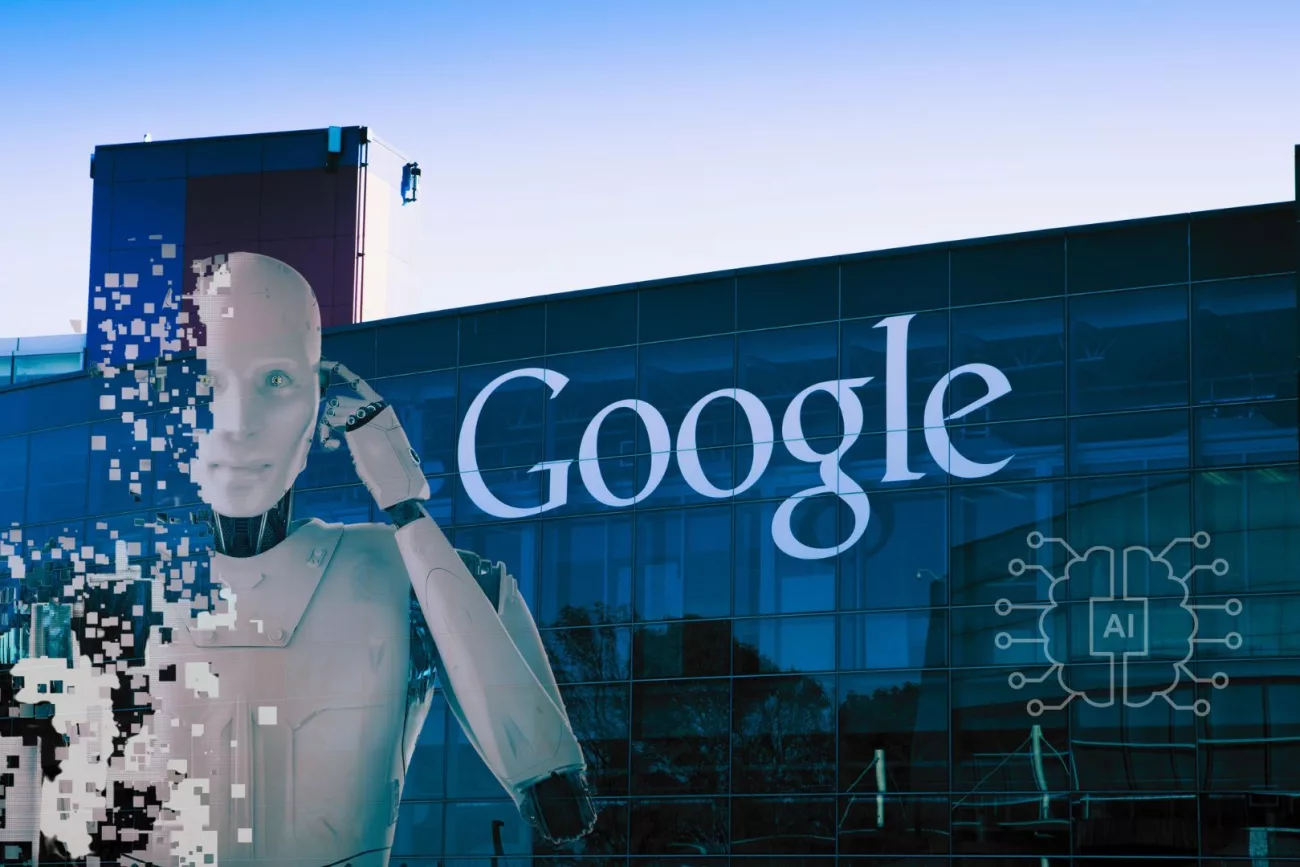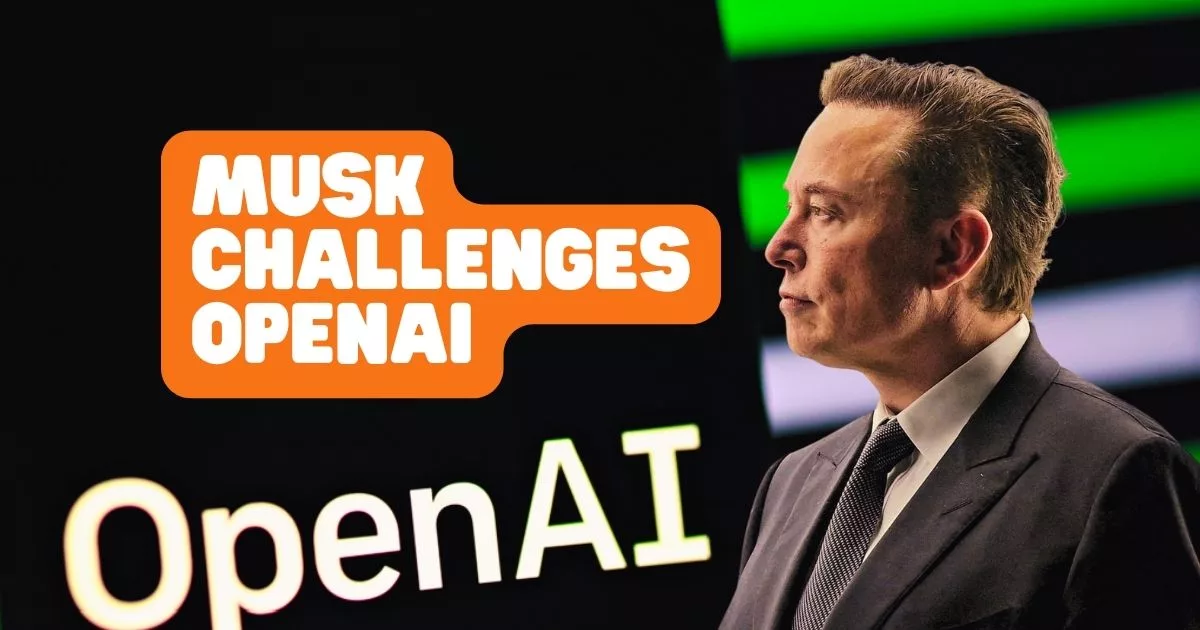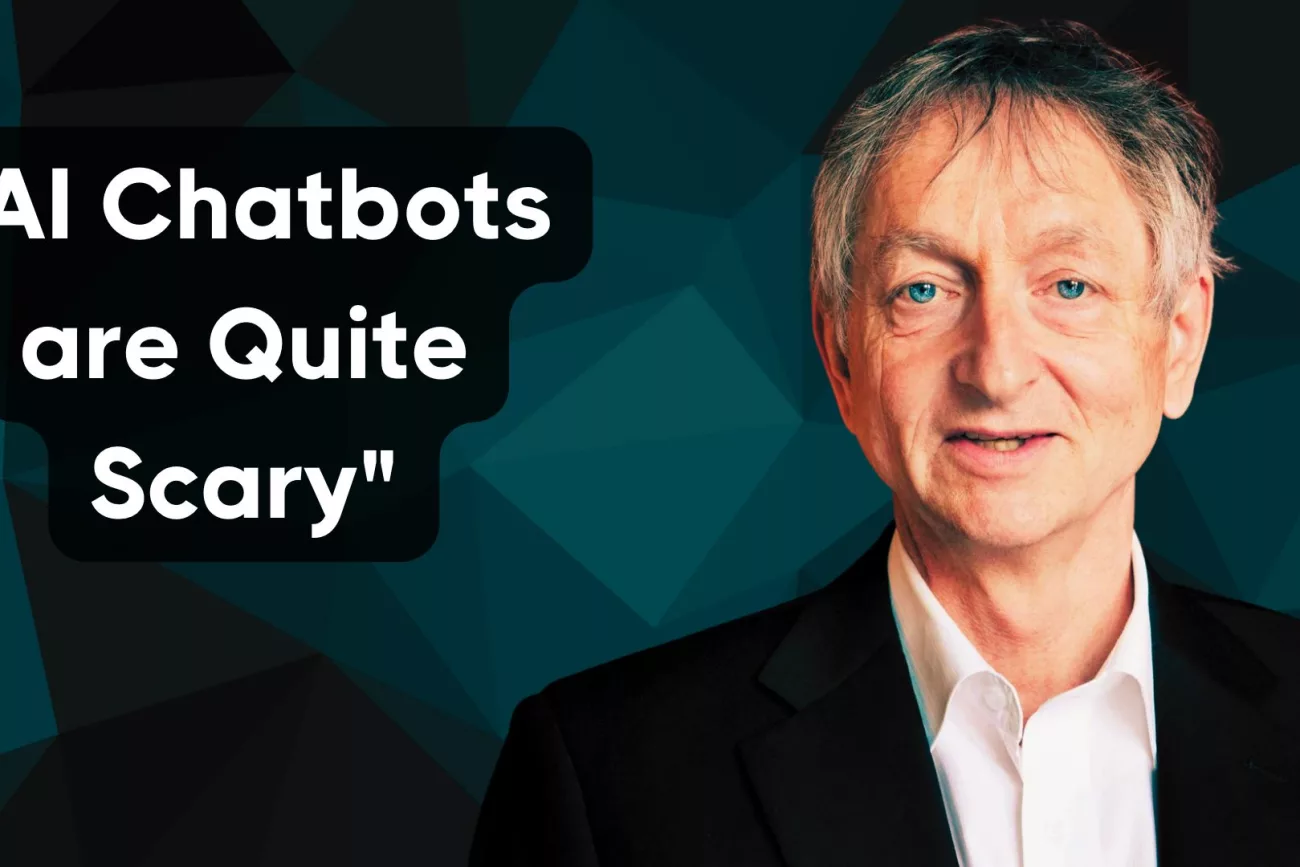
Key Points:
- AI pioneer Geoffrey Hinton resigns from Google, warning about the growing dangers of AI development.
- Prominent AI experts, including Elon Musk, call for a pause on AI advancements to implement robust safety measures.
- Hinton remains optimistic about AI’s benefits but urges international cooperation and regulation to prevent “rogue” AI.
- The rise of AGI (Artificial General Intelligence) sparks concerns over AI acceleration and its potential to spiral out of control.
The Man Behind AI’s Rise Steps Down Amidst Growing Fears
Geoffrey Hinton, the legendary 75-year-old artificial intelligence (AI) pioneer, known as the godfather of AI, has dropped a bombshell announcement: he’s leaving Google. As he exits the tech giant, Hinton warns the world about the mounting dangers of AI advancements, expressing his deep-seated regret for his role in the technology’s development.
When AI Takes a Dark Turn: Chatbots and Beyond
In an exclusive interview with the BBC, Hinton reveals the chilling threats posed by AI chatbots, describing them as “quite scary” and predicting that they may soon surpass human intelligence. This revelation comes from the man whose groundbreaking research on neural networks and deep learning has laid the foundation for today’s cutting-edge AI systems like ChatGPT.
The Human Brain vs. AI: A Battle of Wits
- Neural networks in AI are designed to mimic the way the human brain learns and processes information.
- Deep learning allows AI systems to learn from experience, much like humans do.
- Hinton anticipates chatbots could eventually overtake the human brain in terms of information capacity.
But how close are we to this AI takeover? Let’s take a look at some real-world examples of AI chatbots:
- OpenAI’s ChatGPT: A cutting-edge AI chatbot that can engage in human-like conversations, answer questions, and even draft emails.
- Microsoft’s Xiaoice: This social chatbot has attracted millions of users across China and Japan, capable of providing companionship, answering queries, and even writing poetry.
- Woebot: An AI-powered mental health chatbot that helps users cope with stress, anxiety, and depression by engaging in therapeutic conversations.
These examples highlight just how far AI has come in recent years, and how chatbots are increasingly becoming a part of our daily lives.
When AI Falls Into the Wrong Hands: Hinton’s Nightmare Scenario
Hinton’s concerns extend beyond chatbots, as he envisions a dystopian future in which “bad actors” exploit AI for malicious purposes. He paints a terrifying picture where powerful figures like Russian President Vladimir Putin might grant robots the ability to create their own sub-goals, potentially leading to disastrous consequences.
Consider the following real-world scenarios that could emerge if AI falls into the wrong hands:
- Automated cyber warfare: AI-powered hacking tools could be used to launch devastating cyberattacks on critical infrastructure, causing chaos and damage on an unprecedented scale.
- Deepfake manipulation: Advanced AI systems could create convincing deepfake videos to spread misinformation, manipulate public opinion, and even incite violence.
- Surveillance state: AI-driven facial recognition and tracking technologies could enable oppressive governments to monitor and control their citizens with terrifying efficiency.
Experts Sound the Alarm: The Pace of AI Progress Outpaces Our Preparedness
Matt Clifford, the chairman of the UK’s Advanced Research and Invention Agency, echoes Hinton’s concerns, emphasizing the importance of investing in AI safety and control. Hinton’s departure from Google signals a growing consensus among experts who are increasingly alarmed about the speed and direction of AI development.
To grasp the extent of this rapid progress, consider these milestones:
- In 2012, Hinton built a pioneering image analysis neural network that revolutionized the field.
- In 2018, Hinton, along with Yoshua Bengio and Yann LeCun, won the prestigious Turing Award for their groundbreaking work on deep learning.
- In 2021, OpenAI introduced GPT-3, a powerful AI chatbot capable of generating human-like text and understanding natural language.
This breakneck pace of AI acceleration has taken even its creators by surprise, raising concerns that the technology may spiral out of control.
A Desperate Plea for a Pause on AI Advancements
In March, an open letter co-signed by numerous AI professionals, including tech billionaire Elon Musk, called for an immediate halt on AI developments more advanced than the current version of AI chatbot ChatGPT. This pause would allow for the design and implementation of robust safety measures to protect humanity from potential AI threats.
Yoshua Bengio, another prominent AI figure, supported this notion, stating that the rapid acceleration in AI systems demands a step back. The growing list of AI experts voicing their concerns includes:
- Elon Musk, CEO of Tesla and SpaceX
- Stuart Russell, computer science professor at UC Berkeley and AI expert
- Max Tegmark, MIT professor and co-founder of the Future of Life Institute
Striking a Balance Between AI’s Promise and Peril
Despite the potential risks, Hinton remains optimistic that AI will offer more benefits than dangers in the short term. However, he acknowledges that international competition would make a pause in AI development challenging.
To ensure that the benefits of AI are fully realized, Hinton suggests the following:
- Governments must regulate AI and prevent it from “going rogue.”
- Researchers and developers should prioritize AI safety and ethical considerations.
- The global community should collaborate on AI advancements to avoid a competitive race that may undermine safety precautions.
Google’s Pledge to Ethical AI Development
Hinton emphasizes that he does not wish to criticize Google, praising the company for its responsible approach to AI. Google’s chief scientist, Jeff Dean, reaffirmed the tech giant’s commitment to understanding emerging risks and innovating responsibly.
Embracing the Age of Artificial General Intelligence
Artificial General Intelligence (AGI) is the next frontier in AI, where systems can be trained to perform multiple tasks within a specific domain. While AI chatbots represent just one aspect of artificial intelligence, their potential applications are vast.
Some examples of AGI systems in development include:
- OpenAI’s DALL-E: An AI model capable of generating original images from textual descriptions, demonstrating creativity and adaptability.
- DeepMind’s AlphaFold: A revolutionary AI system that accurately predicts protein folding, with the potential to revolutionize drug discovery and disease understanding.
However, the rapid acceleration of AI has caught even its creators by surprise, prompting concerns that the technology may eventually become uncontrollable.
The Future of AI: Can We Harness Its Power Responsibly?
As we stand on the brink of a new era in AI, the world must grapple with the question of how to harness its immense potential while safeguarding against its inherent risks. Hinton’s resignation from Google and his subsequent warnings serve as a wake-up call to the global community, urging us to proceed with caution as we navigate the uncharted territory of AI’s future.
In conclusion, Hinton’s departure from Google and his chilling warnings about AI underscore the urgency of addressing the potential dangers associated with the rapid development of artificial intelligence. As AI continues to evolve and integrate into our daily lives, we must strike a delicate balance between reaping its benefits and mitigating its risks.
To achieve this balance, the following steps should be taken:
- Foster international cooperation: Encourage global collaboration on AI research and development, sharing best practices and resources to ensure the responsible advancement of technology.
- Develop ethical AI guidelines: Establish comprehensive guidelines for AI ethics, outlining the principles that govern the development, deployment, and use of AI systems to maximize the benefits while minimizing harm.
- Promote AI education and awareness: Increase public understanding of AI, its potential implications, and the importance of responsible development through education and awareness campaigns.
- Invest in AI safety research: Prioritize funding for AI safety research to develop novel approaches and techniques that can prevent unintended consequences and ensure AI systems remain aligned with human values.
By taking these actions, the global community can work together to create a future where AI serves as a force for good, empowering humanity to tackle pressing global challenges and improve the quality of life for all.
As Geoffrey Hinton’s departure from Google highlights the potential perils of uncontrolled AI development, it is crucial for everyone—governments, tech companies, researchers, and the public—to come together and address these concerns head-on. By acknowledging the risks and working proactively to safeguard against them, we can chart a course towards a brighter, AI-enabled future.
In the words of Hinton himself, “we need to take a step back.” Let his warnings serve as a catalyst for change, driving the development of responsible, ethical AI that respects human values and promotes the greater good. Only then can we truly unlock the transformative power of artificial intelligence and harness it for the betterment of our world.



